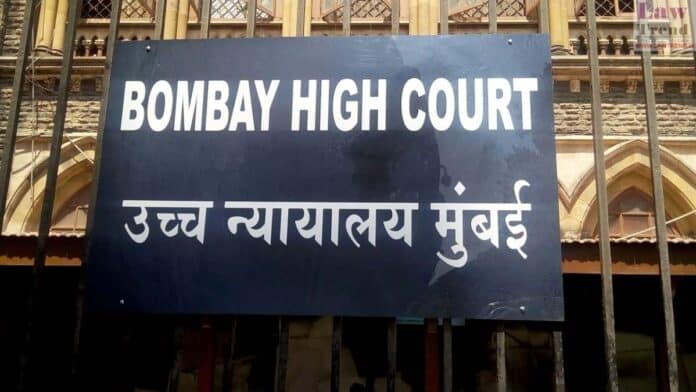The Bombay High Court has approved Western Railways’ proposal to remove 2,612 mangroves for the construction of additional rail lines between Borivali and Virar, recognizing the project’s potential to decrease traffic congestion, lower emissions, and save fuel. The decision, detailed in a ruling passed on August 30 and released on Thursday, mandates the replanting of 7,823 mangroves to mitigate ecological damage.
This project, part of Phase III-A of the Mumbai Urban Transport Project (MUTP), will see the development of fifth and sixth rail lines at a cost of Rs 2,184 crore. The new lines are expected to enhance the train frequency in Mumbai’s western suburbs, where the existing infrastructure is currently insufficient to handle the burgeoning commuter demand.
Chief Justice Devendra Kumar Upadhyaya and Justice Amit Borkar, presiding over the division bench, emphasized the public interest and ecological benefits of the project. They highlighted that the railway system, noted for its efficiency, serves as a significantly eco-friendly mode of mass transportation. “The construction of these lines would not only reduce emissions but also alleviate traffic congestion and conserve precious fuel,” the court observed.
The court also noted that no viable alternatives were available since the proposed lines are adjacent to existing tracks, making the selected alignment the most suitable from technical, economic, and functional perspectives.
Authorities are required to obtain permission from the High Court to remove mangroves in Mumbai, a regulation stemming from an earlier judgment aimed at protecting the vital coastal ecosystem. In compliance with this requirement, Western Railways had sought the court’s permission for the project, which has now been granted under stringent conditions of environmental compensation.
The project aims to complete by December 2027, expanding the current rail capacity between Borivali and Virar, where currently only four lines operate, compared to the six lines between Mumbai Central and Borivali.




